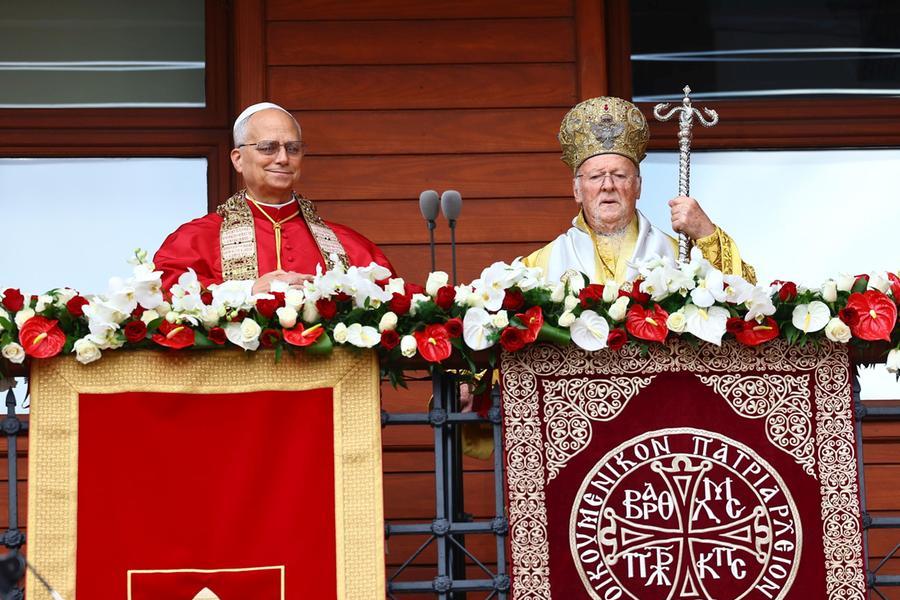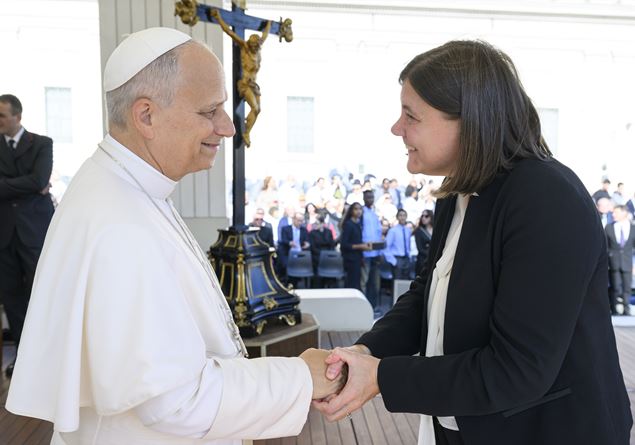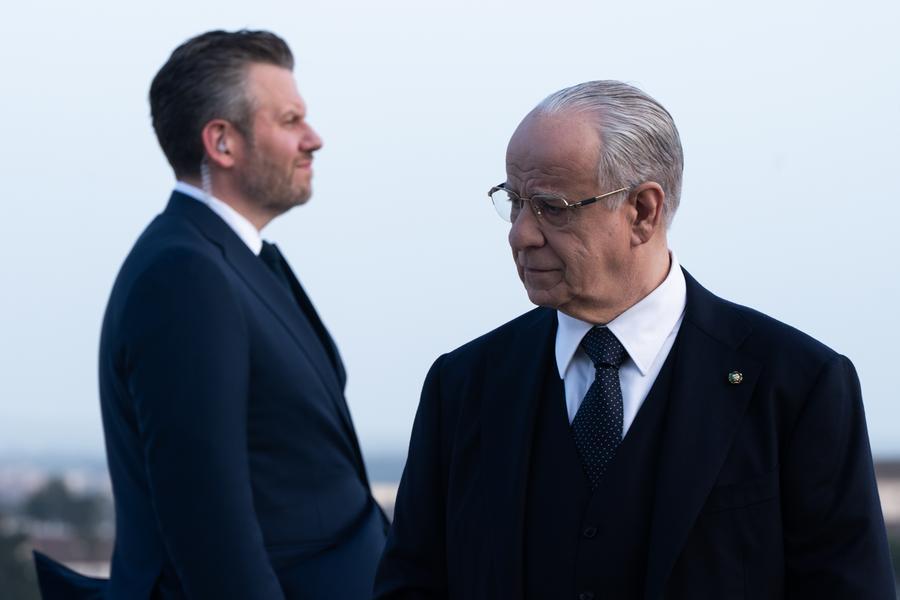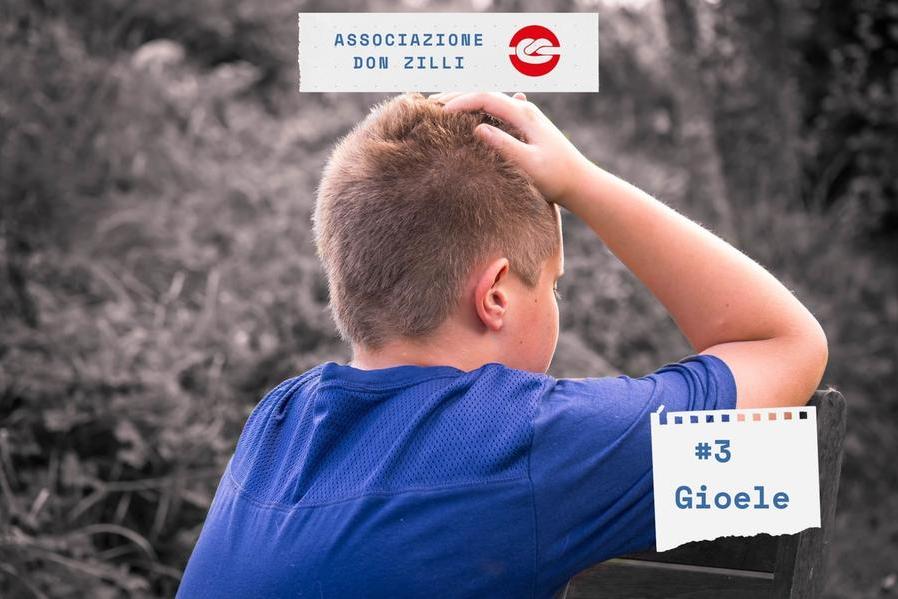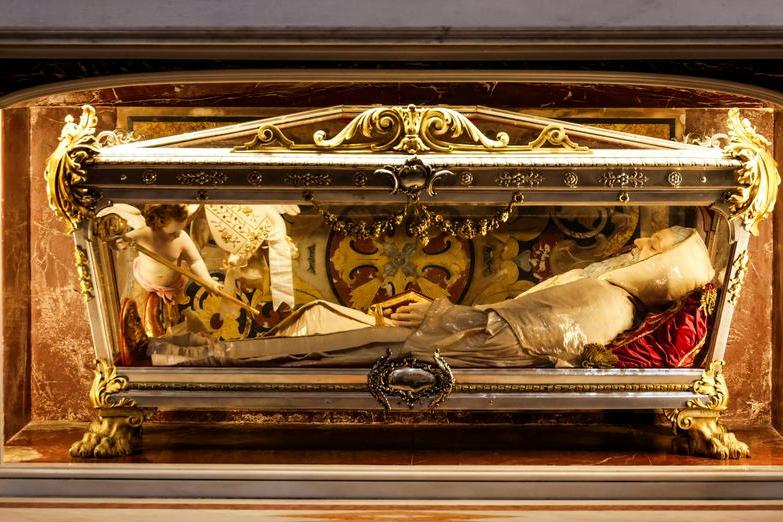«One of the causes of the current educational crisis is the growing lack of trust in education and science. A mistrust also fueled by social media and fake news. To counter it, strategic alliances are needed for creative cooperation between educational institutions, associations, businesses and the Catholic Church itself.”
It is one of the urgencies identified by Elena Beccalli (above with Pope Leo photo Vatican Media Photographic Division, ed), Rector of the Catholic University of the Sacred Heart, as well as President of the European Federation of Catholic Universities (FUCE) on the occasion of the Jubilee of the Educational World which took place from 27 October to 1 November in Rome in the presence of Pope Leo XIV. In this interview, Beccalli takes stock of the event and indicates the priorities to be addressed.
Rector, what are the challenges you consider most urgent in a complex, fragmented and digitalized educational environment like the current one?
«The first is undoubtedly that of digital and artificial intelligence (AI). Students make massive use of AI, often with an attitude of trust, with forms of voluntary servitude, perhaps unconscious. What worries me is the approach taken for the study, which is mostly aimed at finding quick answers. But in this way we forget that even before finding the right answer, it is important to ask ourselves the right questions. Indeed, AI calls into question fundamental questions of meaning, from the categories of time and space to the question of what is human. Critical issues that must be addressed together.”
The Pope insisted a lot on the fact that education is a collective work and on the importance of the constellations.
«This is why I proposed an educational pact for new technologies and artificial intelligence. After all, the Apostolic Letter Drawing new maps of hope of Pope Leo indicates three new priorities for the Global Educational Pact. Among these, the second concerns the human digital. I fully agree with the Pontiff’s words when he insists on the need to “strengthen teacher training also on a digital level; enhance active teaching; promote service-learning and responsible citizenship; avoid any technophobia””.
And the other challenges?
«Another concerns the role we will be able to reserve for our universities as an institution of peace. There are three guidelines to follow to ensure that they become such: firstly, through what I call education power, that is, with the strength of education, which first and foremost passes through a clear educational posture, aimed at encouraging a frank and loyal dialogue even with positions that are furthest from ours. Furthermore, universities are institutions of peace when they become spaces of interreligious and geopolitical dialogue and initiate research on peace issues.”
What educational “debt” do you hope this Jubilee can “forgive” or heal, to lighten the path of the new generations?
«According to the Central Statistics Office of the Catholic Church, 61 million children in the world have never entered a classroom; children, that is, without any access to education. About 41 million of these are in Africa. Furthermore, over 160 million young people do not reach the end of secondary school, a number that highlights how early school leaving still represents a social plague. Numbers that become a strong appeal to join forces to remedy this educational debt. Inspired by the principle of subsidiarity, we ourselves, universities and Catholic schools, are called to imagine together new forms of collaboration to achieve the fourth objective of the United Nations 2030 Agenda: guaranteeing quality, equitable and inclusive education for all. An objective already expressed 60 years ago in Gravissimum educationis and which finds new vigor in the Apostolic Letter of Pope Leo.”
We are in an era defined by many experts as an educational crisis. Where, in your experience, do you locate the heart of this crisis: in the fatigue of educators, in the unbridled individualism that is the hallmark of our society, or in a broader cultural and value confusion?
«All the reasons you described are certainly relevant. But I would add the growing lack of trust in education and science which we need to work together to combat, bearing in mind that, according to FIUC data, Catholic universities in the world have as many as 6 million students. An immense heritage, also due to the variety of experiences and presences, for the Church and for civil society, which await a contribution of thought from Catholic universities to fuel new paradigms and therefore draw new maps of hope as the Pope asked us.”
In your keynote speech on the occasion of the inauguration of the Academic Year you said that the Catholic University of the Sacred Heart must be “the best university for the world, not simply the best university in the world”. How is this objective achieved in concrete terms?
«Creating the best university for the world means proposing adequate models of thought oriented towards the search for truth. It means offering methods of understanding reality, free from prejudice and constantly subjected to verification, in full harmony with the rigor of the scientific method. In the educational process of the new generations I believe it is essential to adopt teaching models capable of developing critical sense, of teaching how to formulate meaningful questions that look to the future as well as stimulating students to deal with the dominant paradigms to propose new perspectives on reality. Our responsibility is, that is, to train people to take a long and integral look, for the good of the person but also for the common good. From this point of view, the Catholic University of the Sacred Heart has a lot to tell and the Africa Plan that we have been involved in in recent months is yet another important demonstration of working with African countries in search of the common good.” Pope Leo wrote in the Apostolic Letter that “a university and a Catholic school without vision risk soulless efficiency, the standardization of knowledge, which then becomes spiritual impoverishment”.
How do we combat the risk of this drift?
«I like to remember that the Pontiff in the context of the Jubilee of the Educational World declared Saint John Henry Newman co-patron of the educational mission of the Church together with Saint Thomas Aquinas. Now it is Newman’s idea of university that gives us the compass to combat this drift. In my first speech as rector, opening the academic year, I cited his definition of the university as a space for interdisciplinary, if not transdisciplinary, dialogue and comparison. We know that sectoral specializations coexist in the university system which risk generating fragmentations of knowledge. Instead, an integral perspective is necessary to interpret the present, based precisely on the dialogue between disciplines. Every educational and cultural process is in fact the result of contaminations and virtuous hybridisations fundamental for a broad vision that embraces the whole person, for the good of the person and at the same time for the common good”.


